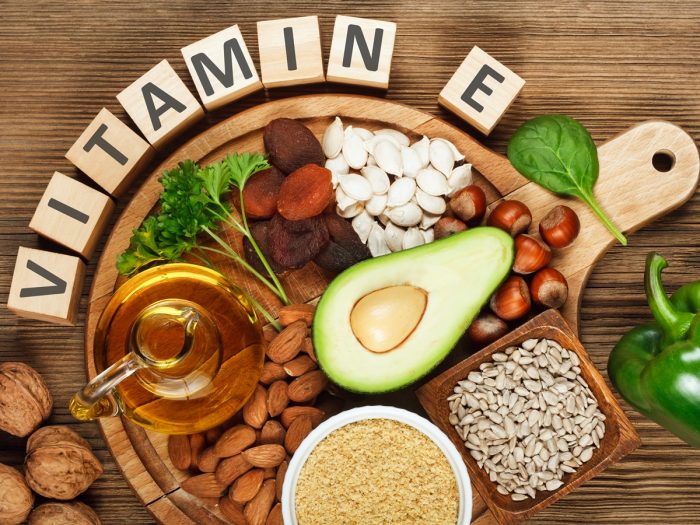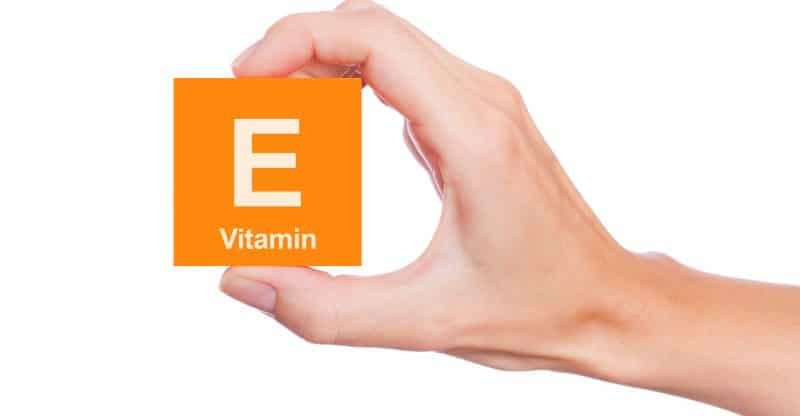The most famous of the vitamin E group is alpha-tocopherol. Both with respect to diet and high-dose supplementation, it is among the most intensely studied of nutrients. This is because its ability to help prevent free radical damage is well documented Public health recommendations for vitamin E are typically measured in milligram equivalents of alpha-tocopherol equivalents, or mg ATE. You will find this abbreviation being used throughout our live website charts.
However, despite the current prominence of alpha-tocopherol in public health recommendations and nutrition research, scientists are also interested in potential health benefits associated with lesser studied members of the vitamin E family, especially the tocotrienols. Like tocopherols (including alpha-tocopherol), tocotrienols are naturally occurring forms of vitamin E. Since they cannot be converted by humans into alpha-tocopherol, the tocotrienols are not considered relevant in meeting vitamin E needs. However, preliminary studies suggest that tocotrienols can provide us with health benefits in a way that is distinct from alpha-tocopherol, as well as other tocopherols. We look forward to future research in this area.








